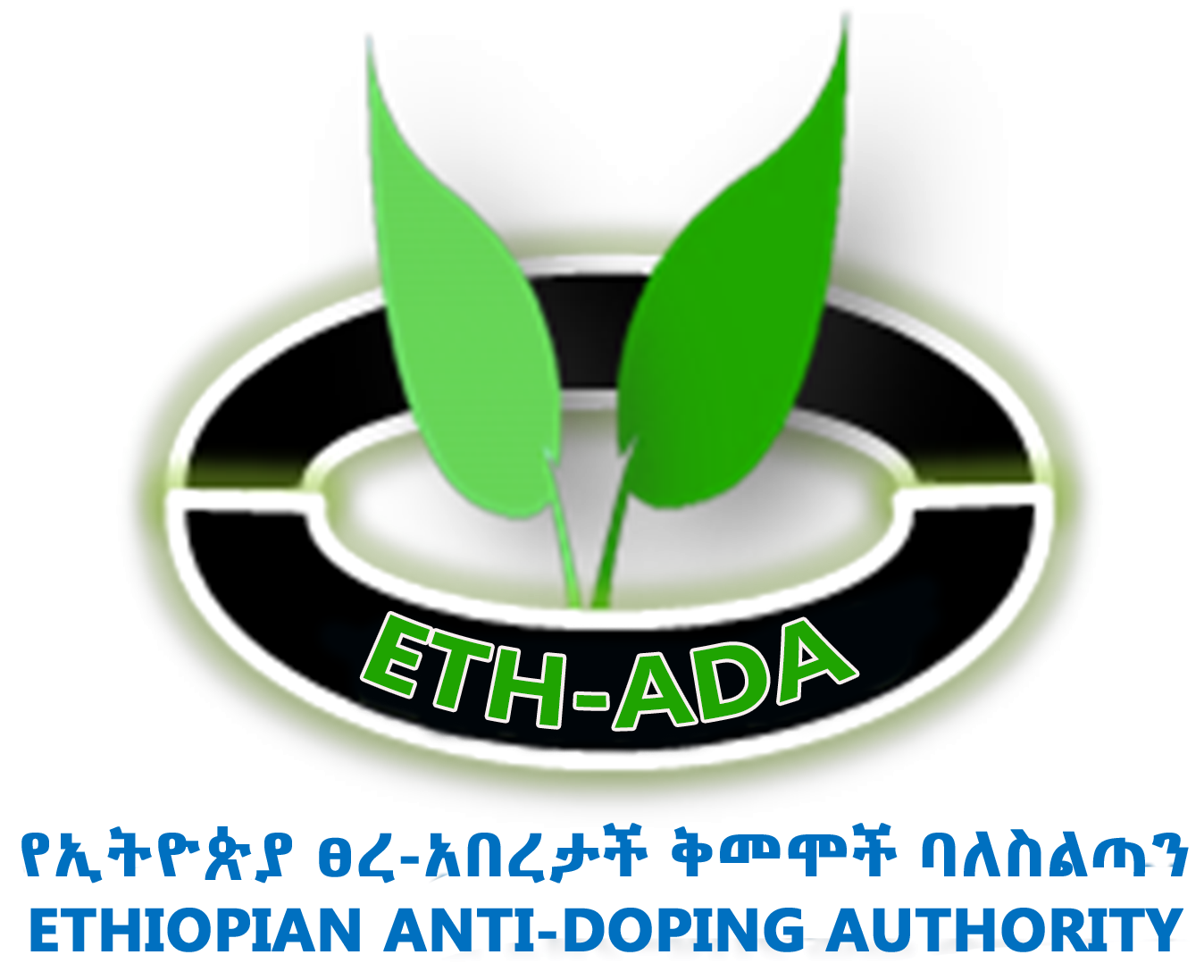The sanction for an anti-doping rule violation (ADRV) depends on the type of violation, the circumstances of the case, which substance the athlete took, and whether this was a first time or repeat violation.
Sanctions on Individuals
Many changes to sanctions were made to the 2015 World Anti-Doping Code, following suggestions made by stakeholders during the 2015 Code review process, including increasing the period of ineligibility from two to four years for all intentional doping. During the consultation phase athletes called for a longer period of ineligibility for intentional cheats, whilst maintaining flexibility for inadvertent, unintentional doping. Athletes were clear in their message: longer sanctions – which will include an athlete missing an Olympic Games – will act as a greater deterrent. For presence, use or possession of a non-specified substance, the period of ineligibility is now four years, unless the athlete can establish that the violation was not intentional. The period of ineligibility for an athlete found to have no significant fault for an Adverse Analytical Finding (AAF) involving a ‘specified substance’ or a contaminated product may range from a reprimand to a two-year suspension. A sanction may also be reduced, eliminated or have a period of ineligibility suspended in cases where the individual sanctioned provides substantial assistance in discovering or establishing an Anti-Doping Rule Violation (ADRV). Consideration of a reduction of ineligibility can also be taken into account in circumstances where there is a prompt admission of an ADRV or where there is an admission in the absence of other evidence.
Sanction on Team Sports
If more than two members of a team in a team sport are found to have committed an ADRV during an event period, the ruling body of the event shall impose an appropriate sanction on the team (e.g., loss of points, disqualification from a competition or event, or other sanction) in addition to any consequences imposed on the individual athletes committing the ADRV.
Multiple Anti-Doping Rule Violations
As with first violations, the period of ineligibility for a second ADRV depends on the circumstance of both the first violation and the second. Each ADRV must take place within the same ten-year period in order to be considered an ADRV. A third ADRV will always result in a lifetime period of ineligibility, except when the third violation fulfils the condition for elimination or reduction of the period of ineligibility or is the result of a Whereabouts Failure. In these particular cases, the period of ineligibility shall be from eight years to lifetime. For a second ADRV, Article 10.7.1 of the Code stipulates that the period of ineligibility shall be the greater of:
a) Six months
b) One-half of the period of ineligibility imposed for the first ADRV without taking into account any reduction
c) Twice the period of ineligibility otherwise applicable to the second ADRV violation treated as if it were the first violation without taking into account any reduction
Anti-doping rule violations and the range of Sanctions
| Type of Violation | Range of Sanctions |
| Possession or use of a prohibited substance | Minimum – Reprimand (with proof of contaminated products on specified substances) Standard – 2-4 years |
| Refusing to be tested | Standard – 4 years |
| Trafficking | First violation – 4 years to lifetime |
| Combination of 3 whereabouts failures (within 12 months) | First violation – 2 years |
| Tampering with the testing process | Standard – 4 years |
| Administration | Standard – 4 years to a lifetime |
| Prohibited association | Standard – 2 years |
| Encouraging or assisting an athlete to dope or providing a doping substances | Standard – 2- 4 year |
- Consequences of Anti-Doping Rule Violations(ADRVs)
An Athlete’s or other Person’s violation of an anti-doping rule may result in one or more of the following:
(a) Disqualification: means the Athlete’s results in a particular Competition or Event are invalidated, with all resulting Consequences including forfeiture of any medals, points and prizes;
(b) Ineligibility:means the Athlete or other Person is barred on account of an anti-doping rule violation for a specified period of time from participating in any Competition or other activity or funding as provided in Article 10.12.1 of ETH-NADO Rules;
(c) Provisional Suspension: means the Athlete or other Person is barred temporarily from participating in any Competition or activity prior to the final decision at a hearing conducted under Article 8 of ETH-NADO Rules;
(d) Financial Consequences: means a financial sanction imposed for an anti-doping rule violation or to recover costs associated with an anti-doping rule violation; and
(e) Public Disclosure or Public Reporting: means the dissemination or distribution of information to the general public or Persons beyond those Persons entitled to earlier notification in accordance with Article 14 of ETH-NADO rules. Teams in Team Sports may also be subject to Consequences as provided in Article 11 of ETH-NADO.
